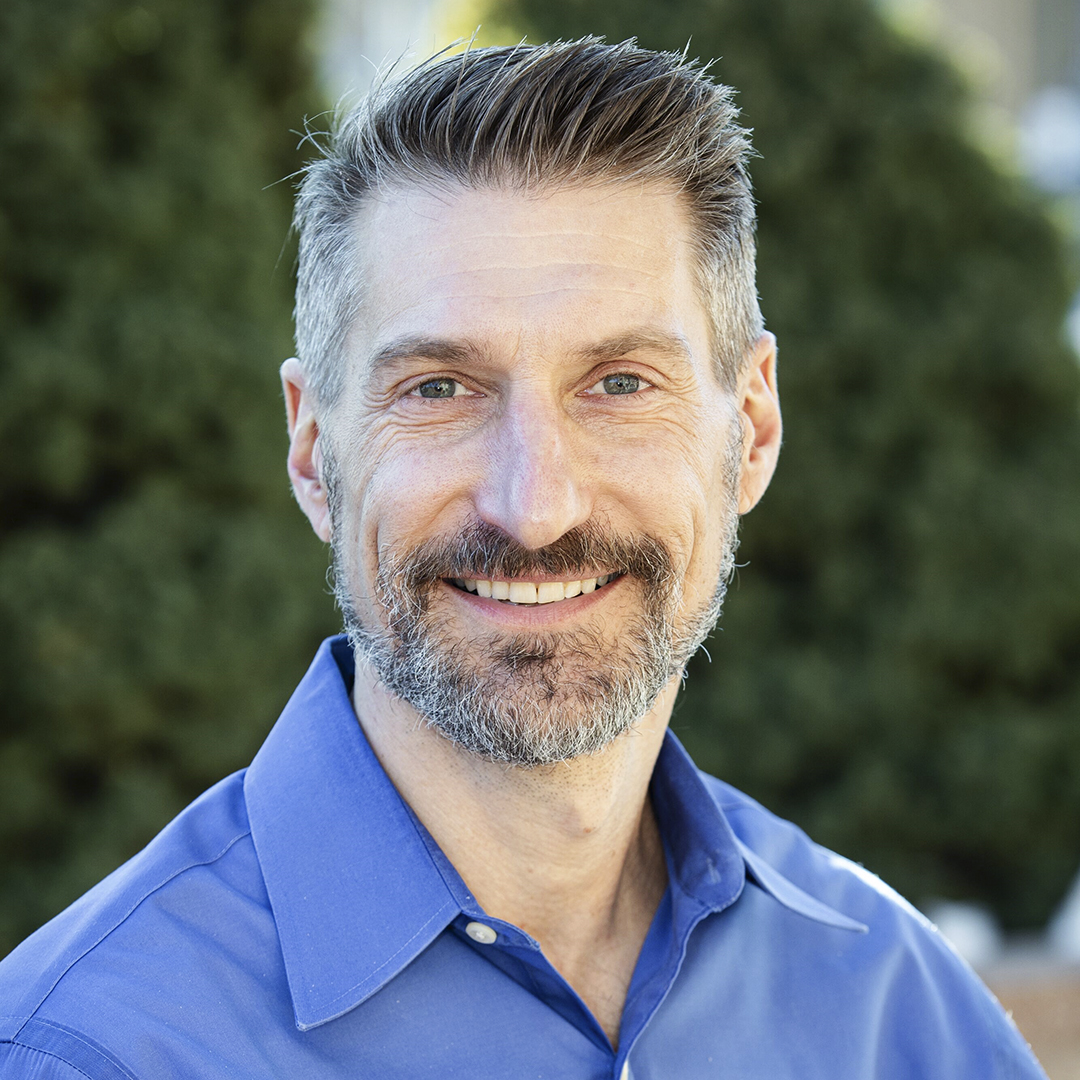Wayne Bowden has always been fascinated by science and always knew that the industry would be his calling. But after completing a degree in neurobiology and neuroscience at the University of Texas at Austin, Bowden spent years looking for the “impact factor.”
“I initially got a job as a research scientist at the Baylor College of Medicine, and after the 2008 financial crisis, I moved to Florida to take a position in the lab at Florida International University,” Bowden recalls. “And that work was great, but I wasn’t really seeing any of the impact of what I was doing.

“As a scientist, you only see the beginning of the research,” he continues. “When things actually begin to work, they often get managed by a pharma company or other organization.”
It was while he was finishing his MBA in healthcare management at FIU, Bowden says, that things became clear: he decided to leave academia and find a company where he could get closer to the patient and truly see the impact of his work. That company was Biorasi.
A pioneer in the healthcare industry, Biorasi is a contract research organization (CRO) that specializes in helping research and pharmaceutical companies ensure that their clinical trials run smoothly and successfully—even, and especially if, those trials are in jeopardy. This makes Biorasi a sort of healthcare consulting company, explains Bowden, who has served as the company’s project manager, director of program development, and now vice president of program development.
“Biorasi has actually been around for quite some time,” Bowden says. “Early on, we were successful with a couple of clinical trial rescue projects—projects in which we were able to help correct a clinical trial that was behind schedule, or over budget, or otherwise off track. And we realized very quickly that the solutions we were offering were really valuable and really needed in the industry.”
While clinical trials go through their fair share of revisions perfecting the science itself, Bowden notes that his goal is to make sure the project management and operational component runs as smoothly as possible to save time and money while enhancing the quality of the data deliverables. In order to develop effective solutions, Biorasi’s teams need to be able to understand the science behind the trial. That is exactly why, almost six years ago, Bowden founded the program development group at Biorasi.
“When clients talk to us, they know they’re talking to people who speak their language, people who understand what they’re trying to do and why they are doing it.”
“I wanted to create a group of people who came from a similar background to mine because that means that the group is passionate about the science and knowledgeable about the technical aspects of the study plan,” he says. “When clients talk to us, they know they’re talking to people who speak their language, people who understand what they’re trying to do and why they are doing it.
“Of course, we still have to have a client-centered mentality in order to be successful,” Bowden goes on to emphasize. “We have to be able to deliver what we promise.”
According to Bowden, it is the combination of that “scientific and medical acumen” and operational know-how that has marked Biorasi as a leader in the industry. Small and midsized companies that don’t have “money to burn” and have very little time to complete a project know that they can turn to Biorasi’s teams for cost-efficient and timely solutions with the flexibility of a smaller-focused team.

“Of course, we’re never going to get every single product to market. Ninety percent never make it to the consumer, and that’s OK, as long as the reasons the drug doesn’t get to market are the right reasons,” Bowden says. “Sometimes there are safety issues that outweigh the benefit of the product.
“But we can and do minimize the things that prevent safe and effective drugs from getting past the trial stage,” continues the VP. “In one trial we worked on, the sponsor had no hope—they were two years into the study and had just one patient. But we were able to help them enroll all the patients they needed in the next nine months, within three months of their originally stated goal.”
Asking for that kind of help, whether you need more patients or a more effective CRO partner, is not the same as admitting defeat, Bowden stresses. In fact, by reaching out to companies like Biorasi for advice and aid, you are ensuring success both personally and for the company at large.
“Wayne’s innovative approach to modernizing the traditional clinical trial paradigm is one of the most progressive I’ve seen,” says Amanda Rangel, senior vice president of business development at VirTrial. “By strategically including remote visits in addition to traditional in-person visits, Biorasi enables sites to expand the patient population from which they can recruit and lessens the patient burden throughout the trial. His willingness to adopt hybrid decentralized clinical trials makes him a trailblazer in the industry and positions Biorasi as a preferred CRO for pharmaceutical sponsors. VirTrial is honored to be Biorasi’s telemedicine partner of choice.”
“The time and money that pharma companies are spending to get drugs to market is one of the primary reasons why drugs cost so much,” Bowden says. “Around 60 percent of the development costs of a drug can be tied back to the clinical phase. If we can help companies design trials better from the start, we’ll know that we’re doing what we set out to do: make an impact by running these trials smarter, faster, and more efficiently.”
Forewarned is Forearmed
According to Biorasi research, more than 30 percent of active clinical trials experience significant—and unnecessary—delays that can prevent a trial from being completed and a drug candidate from going to market. Fortunately, there are a few clear warning signs that every organization can look out for:
- Minor deadlines are missed with no warning.
- Site activation is delayed or there is no site activation plan.
- Enrollment is significantly below initial projections.
- Queries are not being responded to in a timely fashion.
- Your contract research organization (CRO) partner is not responsive.


